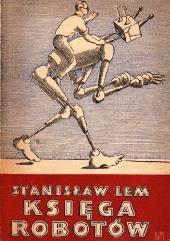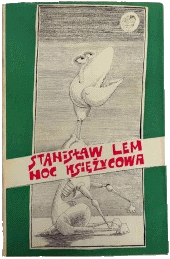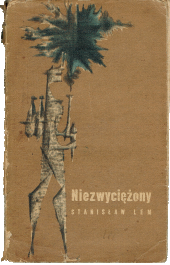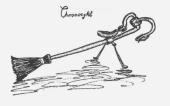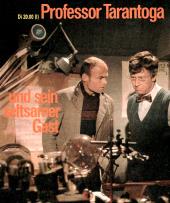Short Story
Ze wspomnień Ijona Tichego, pt. 4
- by Stanisław Lem
- in Księga robotów (Iskry, 1961) [No title for this story other than the Roman numeral IV, which is the fourth of five numbered parts out of nine total parts.]
Ijon is unphased when Physicist Molteris lugs his time machine into Ijon’s sitting room, promising Ijon will be repaid for the colossal amount of electricity that will be consumed by the first trip. —Michael Main
Zamierzałem, ale . . . widzi pan . . . ja . . . mój gospodarz wyłączył mi elektrycznoćś . . . w niedzielę.

translate
I planned to, but, you see, I—my landlord turned off the electricity on Sunday.
